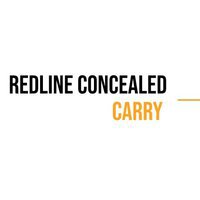Beschreibung
Airsoft guns shoot plastic pellets at velocities from 30 m/s (98 ft/s) for a low-end spring pistol, to 200 m/s (660 ft/s) for heavily upgraded customized sniper rifles. Most non-upgraded AEGs are in the middle, producing velocities from 90 m/s (300 ft/s) to 120 m/s (390 ft/s). The internal components of most guns can be upgraded which can increase the pellet velocity significantly. Using heavier pellets (.25 g, .3 g, etc.) will significantly reduce the gun's muzzle velocity, but can increase accuracy at range and reduce susceptibility to wind drift. Lighter pellets have less kinetic energy than their heavier pellets, despite their higher exit velocity. Decreasing the pellet's weight does not generally increase its range.
A common upgrade done by players is in the "hop-up" system, featured in most mid- to high-end AEG's, as well as gas guns and spring sniper rifles. In this system, the wall of a rubber tube, called a bucking, is forced into the upper path of the pellet right before it begins flying down the inner barrel. This contact imparts backspin, which in turn gives the pellet a Magnus lift to maintain a flatter trajectory for a longer period of time. This is adjusted by screws or gears that cause the bucking to only show a small or large presence in the barrel. Different degrees of firmness of the rubber are considered when a hop-up is being upgraded.
A common upgrade done by players is in the "hop-up" system, featured in most mid- to high-end AEG's, as well as gas guns and spring sniper rifles. In this system, the wall of a rubber tube, called a bucking, is forced into the upper path of the pellet right before it begins flying down the inner barrel. This contact imparts backspin, which in turn gives the pellet a Magnus lift to maintain a flatter trajectory for a longer period of time. This is adjusted by screws or gears that cause the bucking to only show a small or large presence in the barrel. Different degrees of firmness of the rubber are considered when a hop-up is being upgraded.

